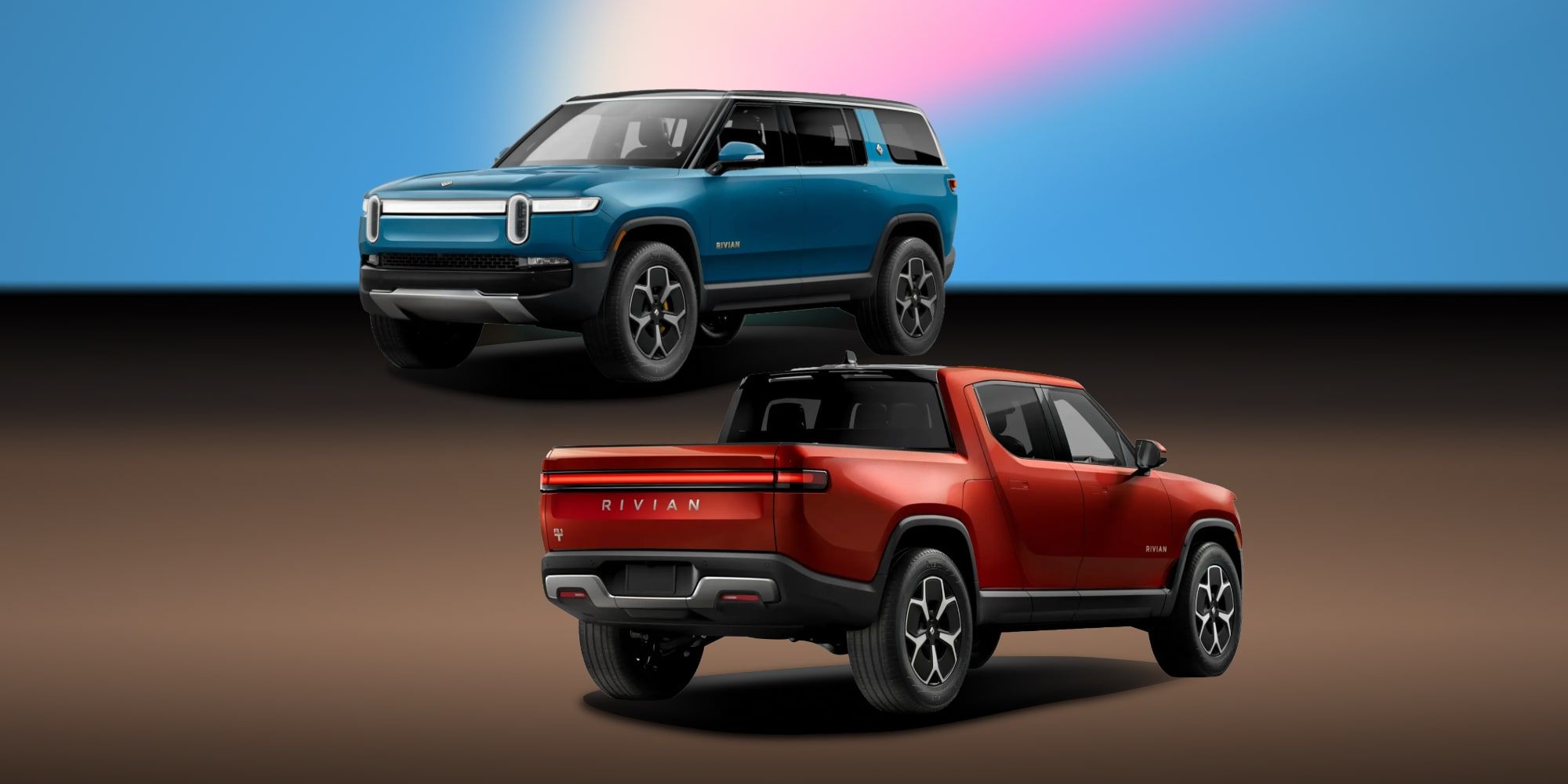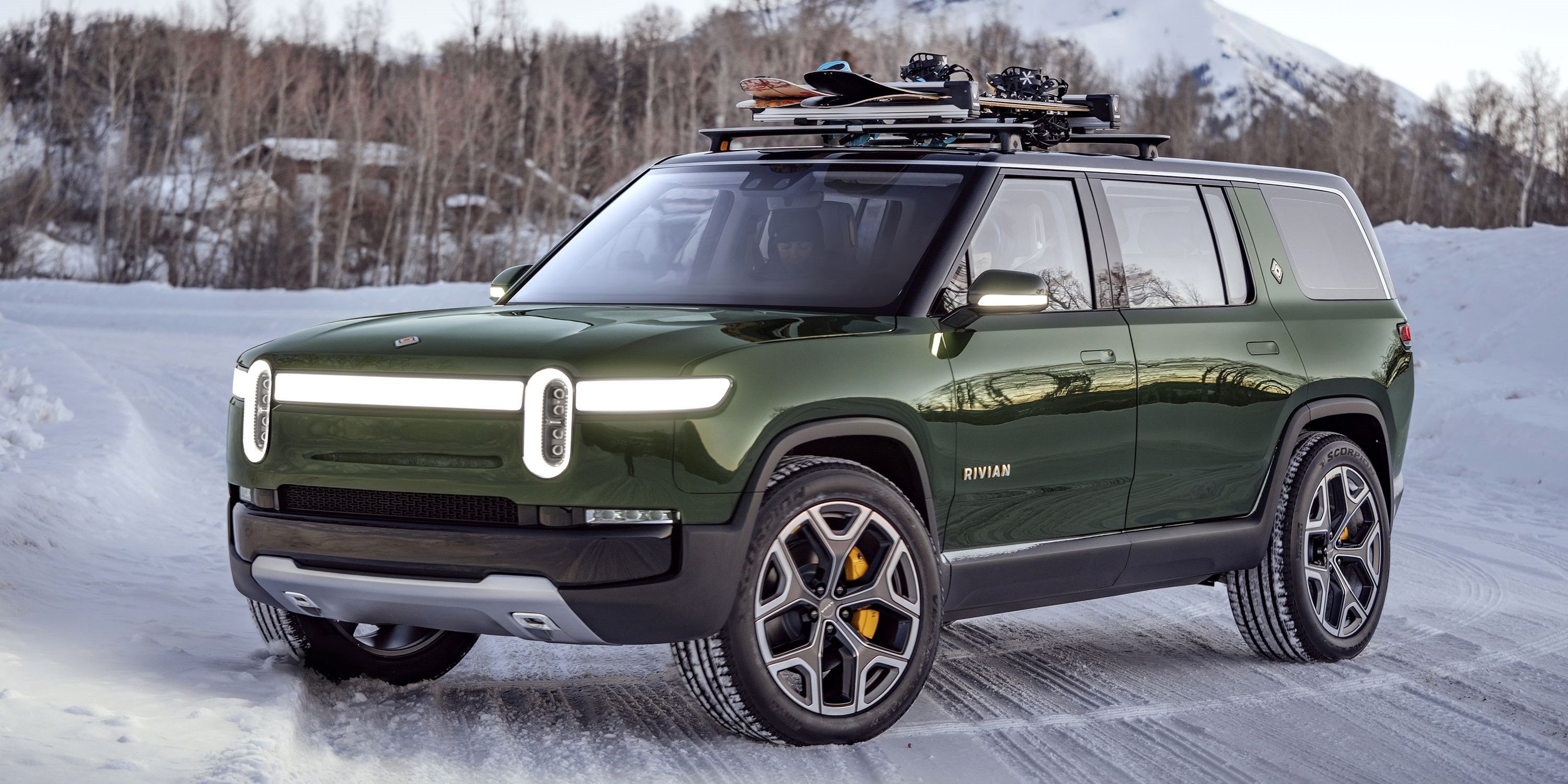Soon after Rivian's initial public offering (IPO), it achieved market capitalization greater than some of the largest and most established automakers, such as Ford, GM, and Volkswagen, which is a bit shocking since it has not earned any money yet. However, the value of a company is not strictly based on how much it makes. With the meteoric rise of Tesla, it is pretty difficult to judge the value of an electric vehicle manufacturer using standard methods.
Rivian started in 2009 as Avera Motors, initially designing cars powered by traditional combustion motors. Within a couple of years, the name changed to Rivian, and the company switched direction to focus on electric vehicles. This perhaps was inspired by the growing enthusiasm over Tesla's Model S. By the early 2010's EVs no longer had to target the budget shopper, henceforth commanding luxury prices and providing enough revenue to create an exciting car or truck.
Rivian's stock (RIVN) launched at $78 per share on Nov. 10, 2021, placing its value at $66.5 billion. At that time, it had only recently begun manufacturing its R1T electric pickup truck, expecting to deliver only 1,000 trucks by the end of the year. That doesn't sound like what might be expected of a multi-billion dollar company with a higher market cap than Ford, GM and Volkswagen. Yet, that is precisely the situation reported by Bloomberg. On Nov. 16, 2021, the stock climbed to nearly $180 per share, more than doubling its value in less than a week. The surge that pushed the Rivian stock so high is not just starry-eyed traders crossing fingers and hoping this company will rocket to the level that Tesla achieved. Rivian has real value despite the slow start and the problematic timing of beginning production during the COVID pandemic.
Rivian's Strong Backers
Much of Rivian's value comes from its strong backers. Amazon has invested over a billion dollars in the EV startup and ordered 100,000 electric delivery trucks to help reduce the carbon footprint associated with the massive amount of shipping that the e-commerce giant manages. Ford also heavily funded Rivian with over $800 million, initially planning to use its electric 'skateboard' in some of its own cars. Unfortunately, those plans changed due to the pandemic, but the investment remained. With such powerful allies, it makes sense that investors are feeling bold about Rivian. This has a similar feel to when social media networks blew up at a time when advertising was little to none, such as Instagram selling to Facebook for a billion dollars with no revenue. Rivian is drawing upon high expectations but also a solid foundation, with a working factory and the first mass-produced electric trucks on the market, beating both Tesla and Ford to that milestone.
With over 55,000 preorders for the Rivian R1T pickup and R1S SUV, the company plans to fill those orders, along with 10,000 electric delivery trucks for Amazon, by the end of 2023. While those figures pose no threat to Tesla, it provides a solid foundation for growth and stability. That isn't as certain with automakers like Ford and VW, which have a split focus and are trying to keep their combustion-powered vehicles selling while making the transition to fully-electric cars with targets pushing into 2035. Nevertheless, the future is clearly favoring electric vehicles. The market recognizes that placing value on the future and eagerly investing in companies with that singular focus, such as Tesla and Rivian.
Source: Bloomberg 1, 2, Amazon, SEC


